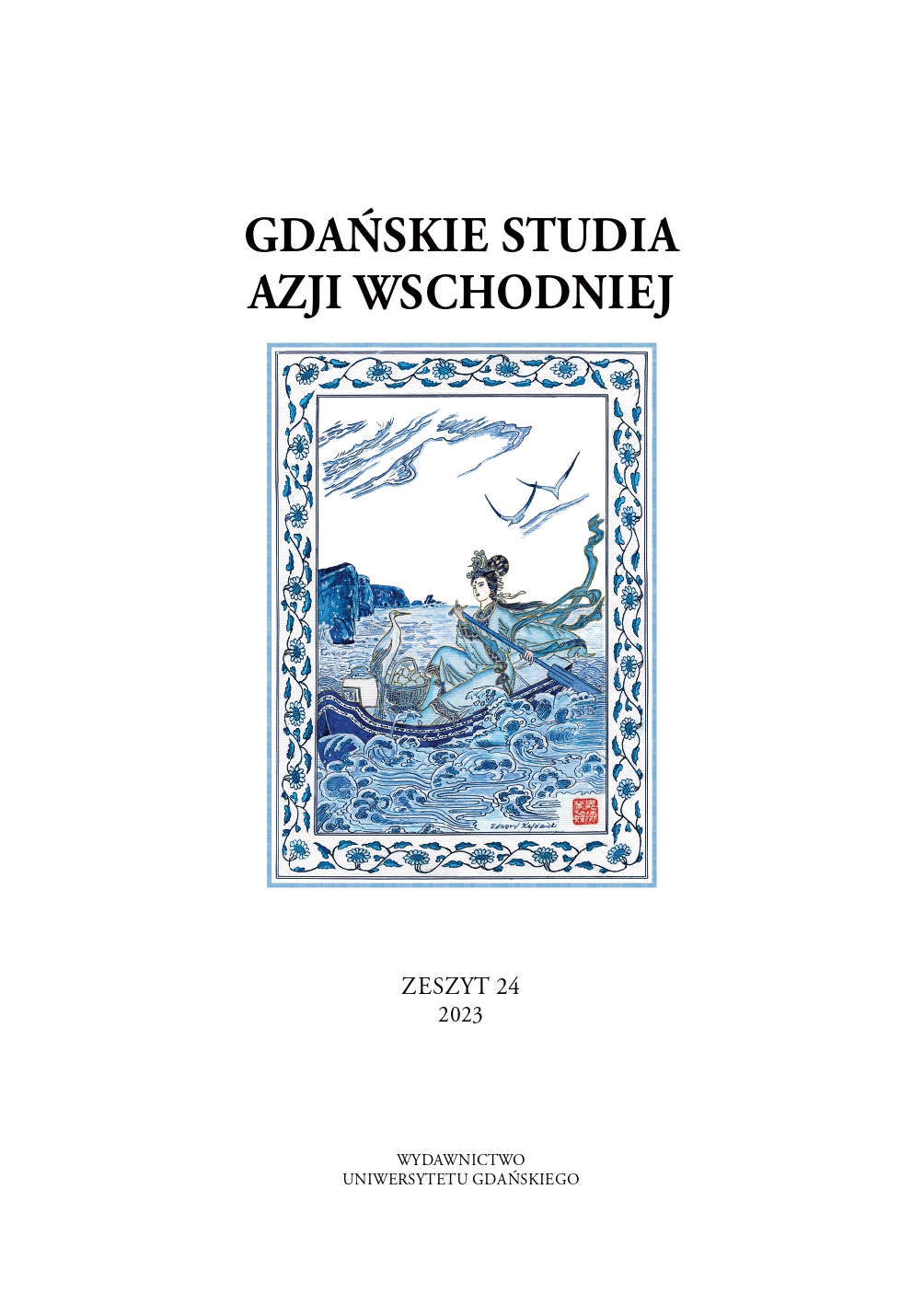Creative freedom and copyright: Doujinshi in contemporary Japan
Abstract
The intricate relationship between doujinshi (self-published amateur works often inspired by pre-existing texts in various media) and copyright law in Japan presents a compelling area of investigation in legal studies. Doujinshi, often perceived as derivative works, constitute a significant portion of Japan’s media culture. This article explores the legal ambiguity surrounding doujinshi, discussing both the legal doctrines and cultural norms that have contributed to a generally tolerant stance towards what might otherwise be considered copyright infringement in other jurisdictions. Through an investigation of the historical, cultural, and legal contexts, this article provides an insight into how Japan’s copyright law interacts with doujinshi, reflecting a nuanced balance between intellectual property rights and creative freedom. The findings offer a deeper understanding of how copyright law operates in the unique socio-cultural landscape of Japan.
Downloads
References
Comiket, What is the Comic Market? A presentation by the Comic Market Preparations Committee February, 2008, https://www.comiket.co.jp/info-a/WhatIsEng080225.pdf (dostęp: 30.09.2023).
Dahlan H.A., The Publishing and Distribution System of Japanese Manga and Doujinshi, “Publishing Research Quarterly” 2022, vol. 38, issue 3.
Grzybczyk K., Opowiadania fanfiction a prawo autorskie [w:] eadem, Twórczość internautów w świetle regulacji prawa autorskiego na przykładzie fanfiction, Wolters Kluwer, Warszawa 2015.
Grzybczyk K., Rozrywki XXI wieku a prawo własności intelektualnej, Wolters Kluwer, Warszawa 2020.
He T., What Can We Learn from Japanese Anime Industries: The Differences Between Domestic and Overseas Copyright Protection Strategies towards Fan Activities, “American Journal of Comparative Law” 2014, vol. 62, no. 4.
Hülsmann K., Controlling the spreadability of the Japanese fan comic: Protective practices in the dōjinshi community, “Participations. Journal of Audience & Reception Studies” 2020, vol. 17, issue 2.
Ichikohji T., Katsumata S., The Relationship between Content Creation and Monetization by Consumers: Amateur Manga (Doujinshi) and Music in Japan, “Annals of Business Administrative Science” 2016, vol. 15, issue 2.
Jasiński P., Utwory zależne [w:] Poradnik dla blogerów, vlogerów, gamerów i instagramowiczów. Czego nie wolno robić w Internecie, red. K. Grzybczyk, Wydawnictwo Difin, Warszawa 2017.
Karpiuk N., Semeniuk A., Fanfic i fanart w świetle prawa autorskiego [w:] Internet a prawo autorskie, red. A. Niewęgłowski, M. Chrzanowski, Wydawnictwo UMCS, Lublin 2016.
Kinsella S., Japanese subculture in the 1990s: Otaku and the amateur manga movement, “Journal of Japanese Studies” 1998, vol. 24, issue 2.
Lamerichs N., The cultural dynamic of doujinshi and cosplay: Local anime fandom in Japan, USA and Europe, “Participations. Journal of Audience & Reception Studies” 2013, vol. 10, issue 1.
Lee T., Fan Activities from P2P File Sharing to Fansubs and Fanfiction: Motivations, Policy Concerns, and Recommendations, “Texas Review of Entertainment & Sports Law”, Spring 2013, vol. 14.
Lessig L., Wolna kultura, tłum. zbior., Wydawnictwa Szkolne i Pedagogiczne, Warszawa 2005.
Machała W., Niebezpieczna (potencjalnie) zabawa z prawem autorskim, czyli dylemat fanfiction, „Zeszyty Naukowe Uniwersytetu Jagiellońskiego. Prace z Prawa Własności Intelektualnej” 2023, nr 2.
Mehra S., Copyright and Comics in Japan: Does Law Explain Why All the Cartoons My Kid Watches are Japanese Imports, “Rutgers Law Review” 2002, vol. 55, no. 1.
Miller E., Author of False Doraemon Ending Issues Apology, https://www.animenewsnetwork.com/ news/2007-05-29/false-doraemon-ending, 29.05.2007 (dostęp: 18.12.2023).
Morgan R., Conventional Protections for Commercial Fan Art under the U.S. Copyright Act, „Fordham Intellectual Property, Media & Entertainment Law Journal” 2020, vol. 31, no. 2.
Morrissy K., Doujinshi Manga Creator Wins Lawsuit Against Piracy Websites, https://www.animenewsnetwork.com/interest/2020-02-17/doujinshi-manga-creator-wins-lawsuit-against-piracy-websites/.156529, 17.02.2020 (dostęp: 30.09.2023).
Noda N.T., When Holding on Means Letting Go: Why Fair Use Should Extend to Fan-Based Activities, “University of Denver Sports and Entertainment Law Journal” 2008, vol. 5.
Noppe N., The cultural economy of fanwork in Japan: dōjinshi exchange as a hybrid economy of open source cultural goods, PhD Thesis Presented to the Faculty of Arts, University of Leuven 2014, https:// www.academia.edu/9194456/The_cultural_economy_of_fanwork_in_Japan_d%C5%8Djinshi_exchange_as_a_hybrid_economy_of_open_source_cultural_goods (dostęp: 20.09.2023).
Pelc Y.M., Achieving the Copyright Equilibrium: How Fair Use Law Can Protect Japanese Parody and Dojinshi, “Southwestern Journal of International Law” 2017, vol. 23, no. 2.
Schendl E., Japanese Anime and Manga Copyright Reform, “Washington University Global Studies Law Review” 2016, vol. 15, issue 4.
Stimson E., Prime Minister Abe: Dōjinshi Safe Under TPP, Anime News Network, 9.04.2016, https://www.animenewsnetwork.com/interest/2016-04-09/prime-minister-abe-dojinshisafe-under-tpp/.100782 (dostęp: 30.09.2023).
Szatkowska E., Dozwolony użytek postaci fikcyjnych [w:] Prawo autorskie w praktyce. O prawach twórców i odbiorców utworów, red. E. Szatkowska, Wolters Kluwer, Warszawa 2022.
Węgrzak M., Intellectual Property Law in Japan. Contemporary Trends and Challenges, „Gdańskie Studia Azji Wschodniej” 2022, z. 21. S

 Academic Scientific Journals
Academic Scientific Journals





